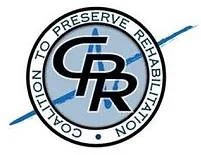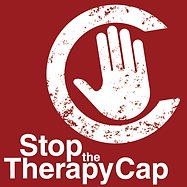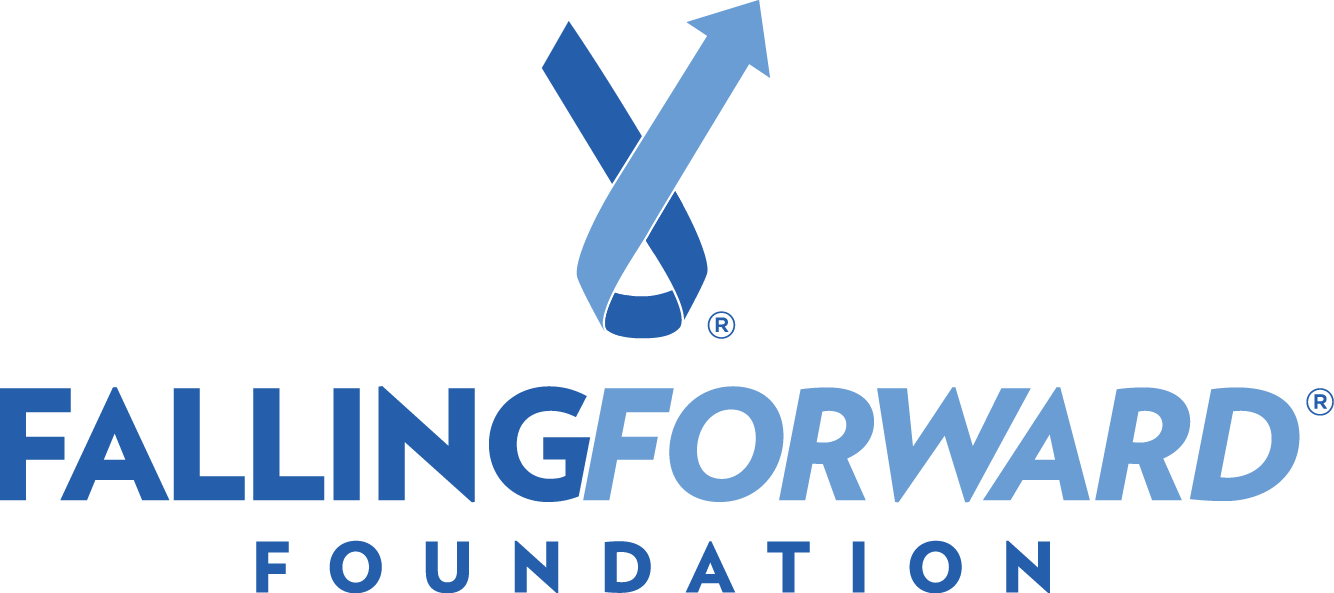Advocacy
Every year, over 1 million people suffer catastrophic medical events.
Many of those people do not fully recover due to "therapy caps" and other barriers. They face a lifetime of disability.
Two thirds of people with disabilities will never work again.
However, statistics show that for every $1 spent on rehab care, $11 are saved on long-term disability costs.
A HISTORY OF THERAPY CAPS
Therapy Caps were first introduced in
Medicare Legislature
Therapy Caps Introduced
Therapy Caps Go Into Effect
On Jan 1, 1999, the $1,500 cap goes into effect.
Years Of Attempts To Change Therapy Cap Laws
Years of attempts to delay and repeal therapy caps. During this time, commercial insurance companies adopt therapy caps
Affordable Care Act Does Not Address Therapy Caps
Therapy caps were not addressed by the Affordable Care Act (no better, no worse).
All Medical Insurance Policies Use Therapy Caps
Today, virtually all (99%) medical insurance policies place a limit on visits to medical rehabilitation.
Our Advocacy Efforts
To achieve our mission to enable acess to a full recovery for all, we advocate to reduce or eliminate therapy caps and other barriers to adequate rehabilitation by:
Sharing Our
Impact
Sharing our patients' success stories and other evidence of the impact of rehabilitative therapies with legislators
Partnering With Key Organizations
Partnering with other organizations to build consensus on best practices in medical rehabilitation
Advocacy On Capitol Hill
We've made several trips to Capitol Hill and taken Falling Forward patients who have shared their stories of recovery that resulted from additional rehabilitation (paid by our generous donors) after their insurance benefits ran out. Our patients' stories have moved Congressional Representatives and Senators who voted in February 2018 to permanently repeal Medicare therapy caps! However, the battle isn't over. We will continue to share our patients' stories and advocate that therapy caps be removed from all commercial insurance policies, so ALL Americans have the opportunity to recover to their full potential!

(Pictured left to right: Sam Porritt, Falling Forward founder, and patient Ed met with Kansas Congresswoman Lynn Jenkins, Illinois Senator Dick Durbin and Missouri Senator Roy Blunt, who all support repealing therapy caps.)
Partners In Our Mission

Coalition to Preserve Rehabilitation
Falling Forward Foundation is proud to be a member of the Coalition to Preserve Rehabilitation (CPR), a coalition of national consumer, clinician and membership organizations with the goal of preserving access to rehabilitation services. CPR advocates for policies that ensure access to rehabilitative care so that individuals with disabilities, injuries or chronic conditions may regain and/or maintain their maximum level of independent function.

Therapy Cap Coalition
We're happy to be part of the Therapy Cap Coalition, a national group of over 50 patient, consumer, and therapy provider organizations working together to repeal and reform therapy caps. We bring a unique perspective to the group, as our patients are living proof of what's possible with adequate rehabilitation. We're proud to be working with the following organizations, among others: AARP, ALS Association, American Academy of Physical Medicine and Rehabilitation, American Heart Association/American Stroke Association, American Health Care Association, American Occupational Therapy Association, American Physical Therapy Association, American Speech-Language Hearing Association, Arthritis Foundation, Brain Injury Association of America, Easter Seals, Focus on Therapeutic Outcomes, LeadingAge, National Association of Rehabilitation of Providers and Agencies, National Center for Assisted Living, National Multiple Sclerosis Society, National Stroke Association, Parkinson’s Action Network, Physical Therapy Provider Network, United Spinal Association.

